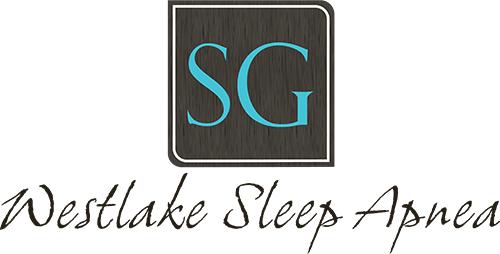The Connection Between Sleep Apnea and Mental Health
- Home
- »
- Sleep Apnea Treatments
- »
- Sleep Apnea and Your Mental Health

Understanding Sleep Apnea's Impact on Mental Health
Sleep apnea is a medical condition that leads to a significant drop in blood oxygen levels, as it causes cessation of breathing multiple times throughout the night. Recent research has linked sleep apnea to severe health conditions such as strokes, heart disease, and type 2 diabetes.
Moreover, researchers are now uncovering a robust association between sleep apnea and various mental health issues. Depression, anxiety disorders, PTSD, schizophrenia, and bipolar disorder have all been identified as conditions connected to sleep apnea.
Achieving an Accurate Diagnosis
Key symptoms of sleep apnea encompass heavy snoring and daytime feelings of fatigue and irritability. If you observe these symptoms in yourself or a loved one, it's essential to reach out to Dr. Steve Greenman at 805-601-8277 immediately. We'll ensure that you receive an accurate diagnosis and the treatment you require.
There's a close link between the quality of sleep a patient receives and their mental health. Major psychological assessments, such as the Beck Depression Inventory (BDI), the Profile of Mood States (POMS), and the Minnesota Multiphase Personality Inventory (MMPI), all incorporate queries about a patient’s sleep patterns.

Sleep Apnea and its Links to Mental Health Conditions
Patients suffering from psychological disorders may be unaware of their concurrent sleep apnea condition due to overlapping symptoms. When sleep apnea coincides with a mental health issue, both conditions can exacerbate each other, a phenomenon known as comorbidity.

Sleep apnea often co-occurs with the following psychological disorders:
Depression - Scientific research indicates a "strong correlation between depression and the prevalent disorder sleep apnea." Patients with depression often report concurrent sleep issues. In numerous cases, sleep apnea "may be the cause or contributor to depression." Therefore, securing the correct diagnosis for your sleep disorder is vital.
Anxiety Disorders and PTSD - According to Harvard Health Publishing, individuals with anxiety disorders frequently report some form of sleep disorder. This issue is particularly acute for veterans suffering from PTSD. Sleep apnea, in particular, "is highly prevalent among combat veterans with PTSD, who complain about being overly vigilant at night."
Schizophrenia and Bipolar Disorder - Sleep disorders are common amongst individuals suffering from schizophrenia or bipolar disorder. Excessive daytime sleepiness is often a sign of schizophrenia, and both conditions are frequently managed with medications that can induce drowsiness.
Reach Out to Our Premier Sleep Apnea Dentist in Westlake Village

